

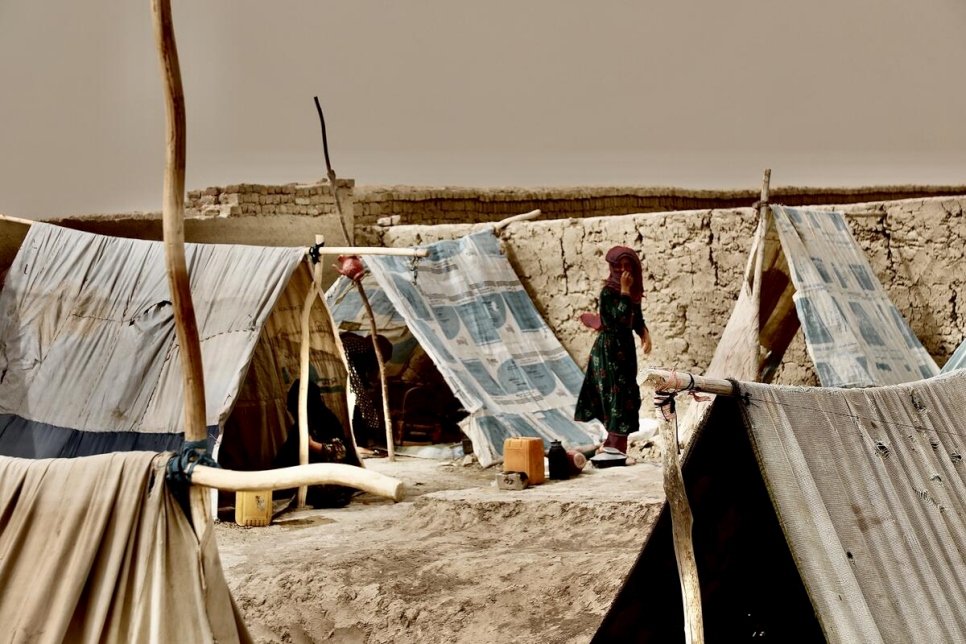
Despite billions of dollars in international aid, Afghanistan is still facing massive poverty and vulnerability to natural disasters, exacerbated by the Taliban's takeover in August 2021. The UN has highlighted the dire situation in a briefing to the Security Council, raising concerns over major salary cuts for women civil servants and the restriction of vital human capital. As the country struggles to implement the Taliban's policy of self-reliance, the international community is called upon to provide urgent assistance for the humanitarian needs in Afghanistan.
Afghanistan: Poverty, Vulnerability, and the Taliban's Impact
Afghanistan has long been plagued by poverty and vulnerability, exacerbated by decades of conflict and political instability. Despite billions of dollars in international aid, the country remains impoverished, with a large proportion of its population living below the poverty line.
The Taliban's takeover of Afghanistan in August 2021 further worsened the situation. The United Nations has raised concerns about major salary cuts for women civil servants and the restriction of vital human capital. The Taliban's policy of self-reliance has also hindered progress in implementing development programs.
Background
Afghanistan has a long history of conflict and instability. The Soviet-Afghan War (1979-1989), the civil war (1992-1996), and the Taliban's first rule (1996-2001) all contributed to the country's economic decline. The US-led invasion in 2001 brought about a period of relative stability, but the Taliban insurgency continued to plague the country.
In 2020, the United States and the Taliban signed a peace agreement that called for the withdrawal of US troops in exchange for Taliban security guarantees. However, the peace process faltered, and the Taliban launched a major offensive in August 2021, seizing control of the country in a matter of weeks.
Current Situation
The Taliban's takeover has had a devastating impact on Afghanistan. The economy has collapsed, and millions of people are facing hunger. The UN estimates that more than half of the population will be facing acute food insecurity by the end of 2022.
The Taliban's policies have also restricted women's rights and freedom of expression. Women are now required to wear full-body coverings in public and are banned from attending school beyond grade six. Journalists and activists have been harassed and detained for criticizing the Taliban.
International Response
The international community has condemned the Taliban's actions and called for the protection of human rights. The United Nations has launched a major humanitarian appeal for Afghanistan, but funding has been slow to come in. The United States and other countries have imposed sanctions on the Taliban and frozen Afghan assets held abroad.
Top 5 FAQs

A Pakistani man, whose two children suffer from a congenital heart condition, has appealed to the Indian and Pakistani governments for permission to complete their medical treatment in India. This comes after the recent cancellation of SAARC visa privileges following the Pahalgam terror attack. As tensions rise between the two nations, the father is pleading for his children's lives as their treatment is only possible in India. Meanwhile, tensions remain high as over 100 Indian nationals in Pakistan returned to India on Thursday, while more followed on Friday.
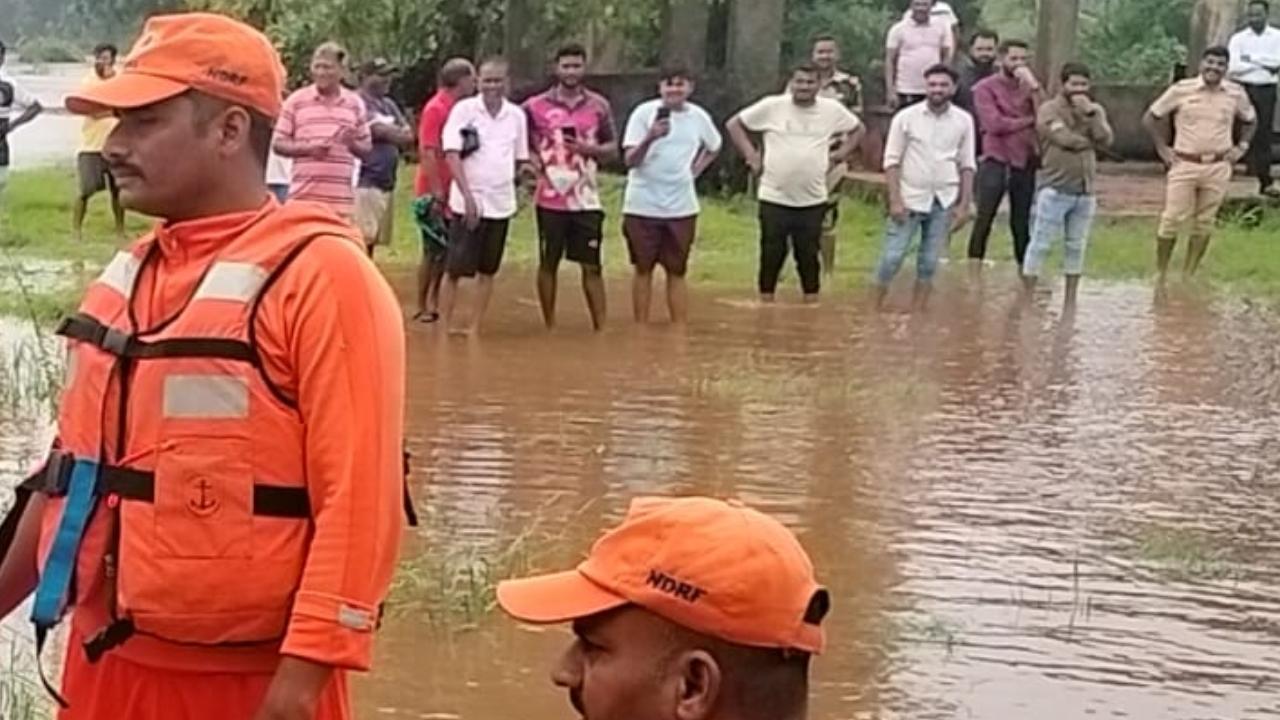
The Palghar district of Maharashtra, known for its vulnerability to natural calamities, has taken a step towards better disaster management by equipping 259 gram panchayats with specialized Disaster Response Kits. These kits, containing essential rescue and safety equipment, will ensure that villages are able to respond quickly and effectively during emergencies. In addition, the district plans to recruit 500 trained disaster response volunteers, called "Apda Mitras", to assist during disasters. With natural disasters becoming more frequent and severe, this proactive step by Palghar district is a crucial move towards strengthening disaster preparedness at the grassroots level.
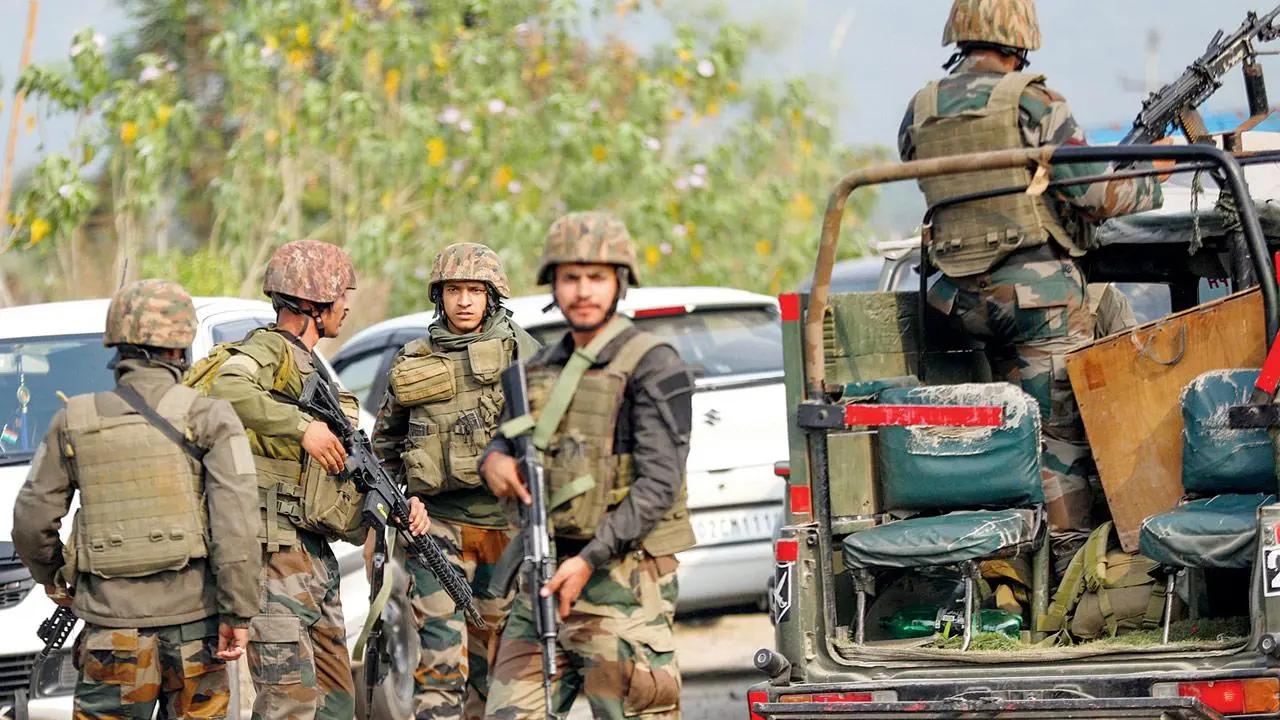
Indian security forces successfully eliminated top Lashkar-e-Taiba commander Altaf Lalli during an encounter in Bandipora, Jammu and Kashmir on Friday. The encounter occurred amidst a joint search operation launched by the Indian Army and Jammu and Kashmir Police to track down those responsible for the Pahalgam terror attack on April 22. Army Chief General Upendra Dwivedi has arrived in Jammu and Kashmir to conduct a comprehensive security review and track the progress of the operation.
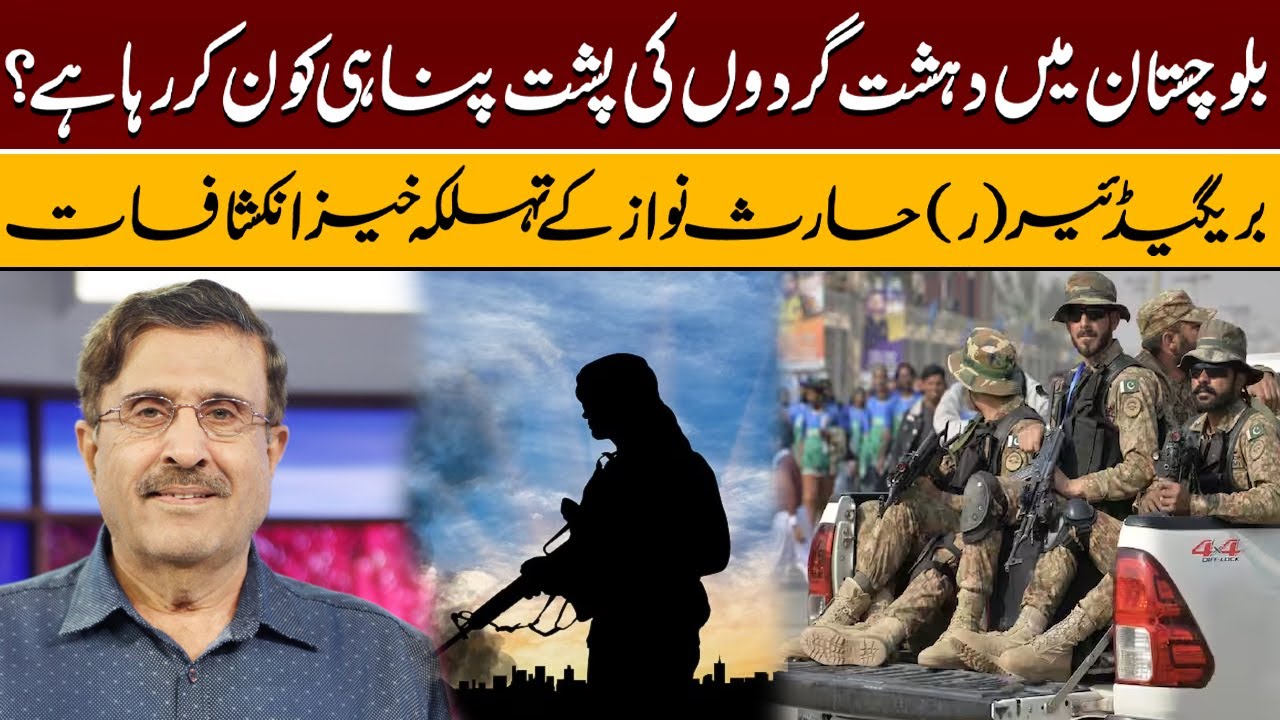
In a statement that has sent shockwaves through the international community, Pakistan's Defense Minister Khawaja Asif has admitted on an interview with Sky News journalist Yalda Hakim that his country has been aiding terrorist organizations for the past three decades. This confession serves as a vindication of India's longstanding claims about Pakistan's involvement in terrorism, particularly in the recent Pahalgam terror attacks where 26 people were killed. Asif also made contradictory claims, denying knowledge of the presence of Lashkar-e-Taiba's offshoot, The Resistance Front, while proclaiming that Lashkar "does not exist" anymore.

Israeli Prime Minister Benjamin Netanyahu reportedly ordered a covert operation by Mossad, codenamed Operation Zeppelin, to shield Indian billionaire Gautam Adani from a negative campaign linked to the Hindenburg Research report. The operation involved two elite units and spanned several countries, targeting individuals allegedly behind the campaign, including American and British hedge fund managers, investigative journalists, and political operatives possibly tied to the Biden administration and billionaire George Soros. Among the shocking claims in the report, Mossad is said to have surveilled prominent Indian opposition leaders and tracked Congress leader Rahul Gandhi, with evidence allegedly found of coordination between opposition figures and the Hindenburg team.
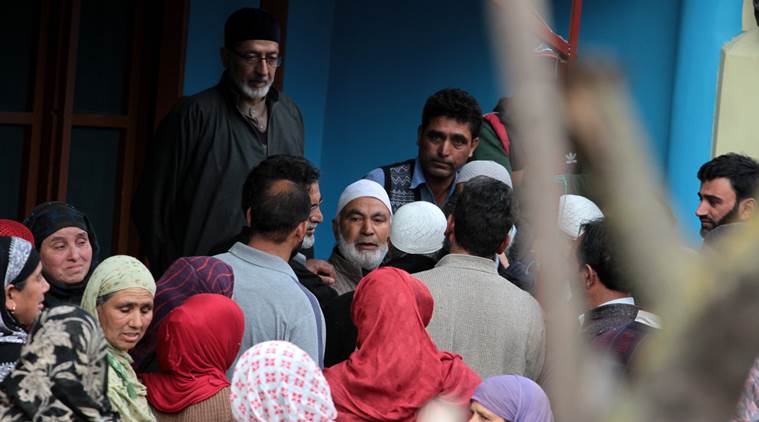
Debasish Bhattacharya, a professor at Assam University, was on a family trip to Kashmir when terrorists attacked Pahalgam. Bhattacharya, who grew up in a Muslim neighbourhood, was able to save his family's lives by reciting the Kalma, a declaration of faith in Allah. The terrorists asked him if he was reciting the Kalma or calling upon Lord Ram, but Bhattacharya's knowledge of the verses helped keep them at bay.

On April 25, the world will come together to observe World Malaria Day, which was established by the World Health Organization to raise awareness about the deadly disease and the need for continued investment and commitment. This year's theme, "Malaria Ends With Us: Reinvest, Reimagine, Reignite," highlights the importance of collective action and innovation in eliminating malaria. The campaign, led by the WHO and global partners, aims to accelerate progress towards a malaria-free world through a range of initiatives at all levels.
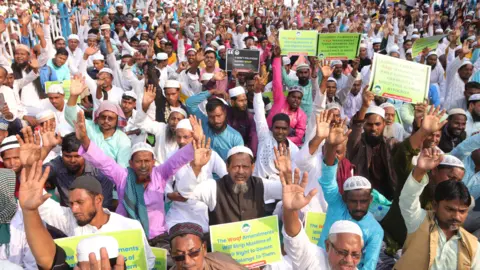
Bangladeshi far-right group Khelafat Majlish plans to stage a mass march to the Indian Embassy in Dhaka to protest against the recently passed Waqf (Amendment) Act by the Indian Parliament. The outfit's leader, Maulana Mamunul Haque, claims that the Act aims to illegally acquire Muslim-owned lands for the construction of religious structures by giving them legal backing. This move has sparked outrage among Muslims in India, who see it as an interference in their religious rights. Meanwhile, the Indian government has condemned the recent spate of violent attacks on minority communities in Bangladesh, with the Ministry of External Affairs describing it as part of a disturbing pattern of persecution under the country's interim administration.
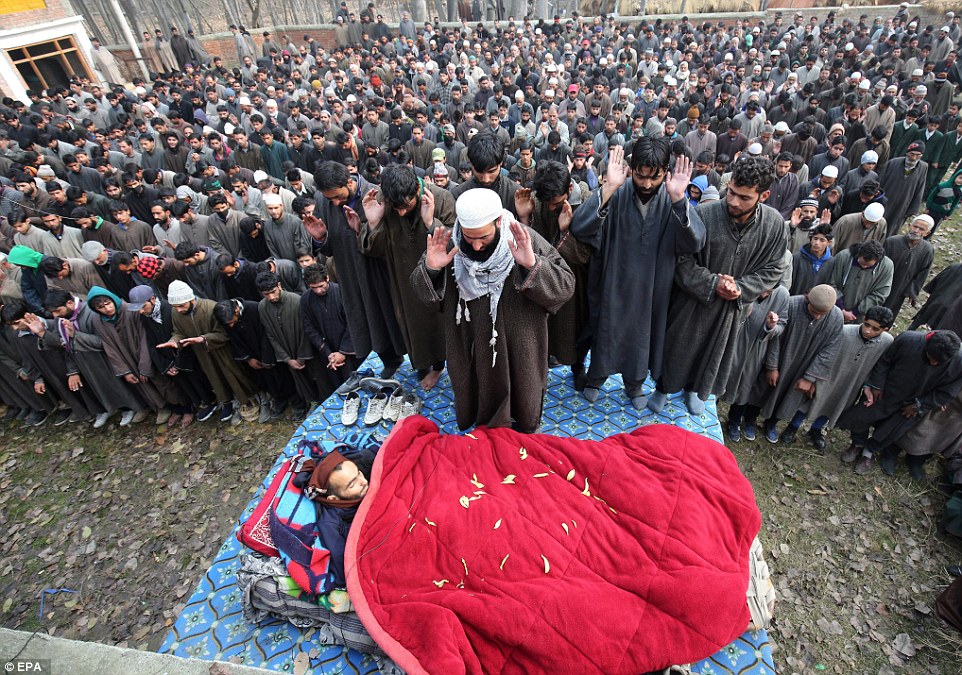
In the midst of the peak tourist season, a young pony ride operator became a hero when he tried to save the life of a tourist during a terrorist attack at Pahalgam's Baisaran meadow in Kashmir. Syed Adil Hussain Shah, a local Kashmiri Muslim, was shot dead while attempting to shield the tourist and even trying to snatch the attackers' guns. The heartbroken father of Shah demands justice for those responsible, while the Jammu and Kashmir Chief Minister Omar Abdullah praised his bravery and promised to support the family. This shocking and tragic story highlights the ongoing violence and turmoil in the region.

The peaceful Easter vacation turned into a nightmare for Sushil Nathaniel's family when terrorists targeted tourists in Pahalgam. The assailants asked the Christian LIC manager to recite the Kalma, and when he refused, they shot him dead. His daughter, who tried to save her father, was also shot in the leg. The family demands strict punishment for the attacker to set an example for the world.